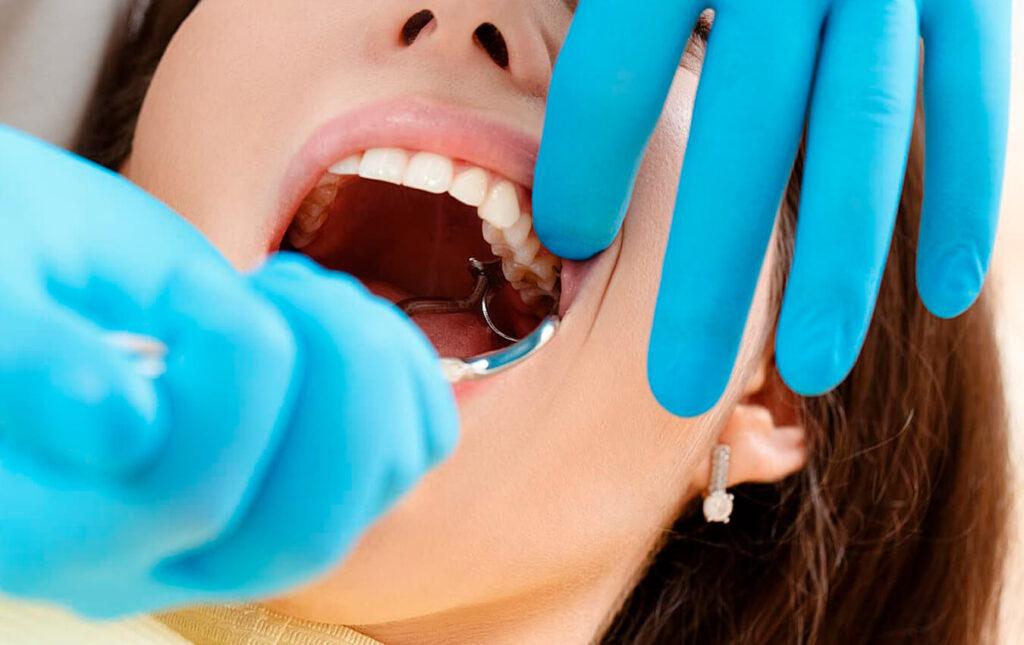
The steps you take after your wisdom teeth are removed will make a lot of difference in how your recovery progresses. Your dentist or oral surgeon will have given you either a local anesthetic, numbing the back molar area in your mouth where the tooth will be extracted, or a general anesthetic if she feels the situation will take longer or there may be problems. Usually general anesthetic is given in the hospital, in an outpatient surgical setting, when there is a risk of complications or when all four wisdom teeth will be removed at the same time. General anesthetic will put you to sleep completely and will make you feel groggy and sleepy when you wake up.
There are two important things to know about general anesthetic:
- First, you shouldn’t eat or drink anything after midnight the night before your dental surgery because a general anesthetic could make you nauseated, and there is a possibility of aspiration of the food into your airway if you have food in your stomach.
- Second, don’t plan to do any driving or operating machinery after surgery until you “sleep off” the effects. You should have someone with you or return to the hospital or dentist’s office to pick you up when you have been cleared to leave. Plan to go home and get quiet right after surgery.
Some people have little swelling and bleeding, and subsequently little pain, which can be treated easily. Others experience the opposite. It largely depends on the condition of the wisdom teeth, their positioning and whether or not they were impacted. One thing that will help a lot will be to apply an ice pack to the side of your face where the tooth was extracted. In fact, your dentist may give you one of the disposable ice packs even before you leave the office or hospital. This is an excellent way to help keep the swelling down and slow down or stop the bleeding, which will speed your recovery and help cut down on the pain.
Here are some other tips for good care of the wisdom tooth extraction patient.
- A gauze pad probably will be placed over the place where your wisdom tooth has been removed. Continue to bite gently on it and when it becomes soaked with blood, exchange it for a new pad.
- Physical exercise stimulates swelling and bleeding. When you get home from the dentist’s office or hospital, lie down and relax, but prop up with pillows so you are not lying flat. Having your head raised will help the bleeding to stop.
- Use ice to help the swelling for the first 24 hours after surgery. For the next 2 to 3 days you can use moist heat to help the pain. Some heating pads use moist heat, or you can use a warm washcloth.
- You’ll probably be advised to not eat anything for a period of time after surgery, and you likely won’t feel like eating anything either. You may or may not be thirsty, and when you are stick with room temperature liquids until the bleeding stops and time has passed. Icy cold may hurt and hot liquids could stimulate bleeding.
- When you do feel like eating, make it soft foods. Pudding, broth and liquid soups, gelatin, mashed potatoes. Add solid food back to your diet gradually. You’ll know when your mouth feels better, the swelling goes away and it isn’t painful to move your jaw. Continue to avoid crunchy or sticky foods until you are sure the site has healed. It may seem like a good idea to use a straw while you are still numb, but avoid this because sucking can loosen the blood clot that will form in the cavity where you tooth has been removed. (Icky, but true and important to remember.)
- While your mouth is numb, you run the risk of biting your lip, tongue or the inside of your cheek so just be aware that you need to be careful.
- Beginning on the second day after surgery, its a good idea to rinse warm salt water in your mouth, very gently, several times a day; this will help relieve the pain and reduce the swelling.
- Definitely avoid smoking at least 24 hours following surgery — its that sucking issue again. Also, smoking decreases the blood supply to your mouth and will introduce germs into the mouth which could cause an infection to set in.
- You’ll probably not feel much like brushing your teeth, but it’s important to keep your mouth, teeth and tongue clean following surgery. Brush very carefully, and strictly avoid the area where your tooth was extracted. It will be tempting, but don’t “worry” the area where your tooth came out with your tongue … or your fingers, either.

